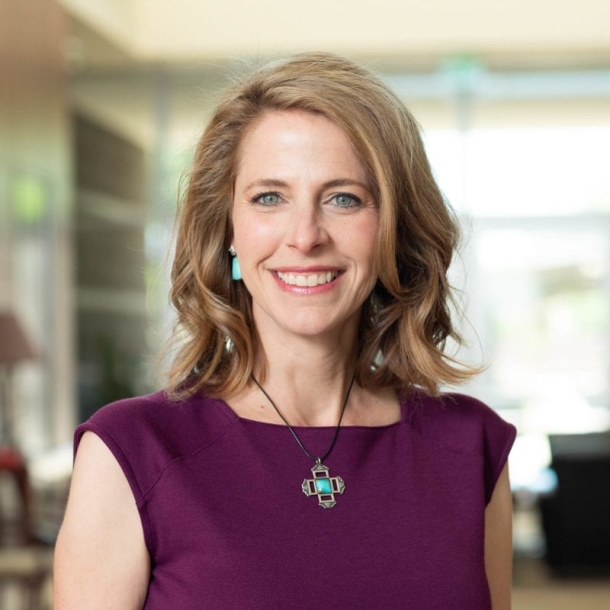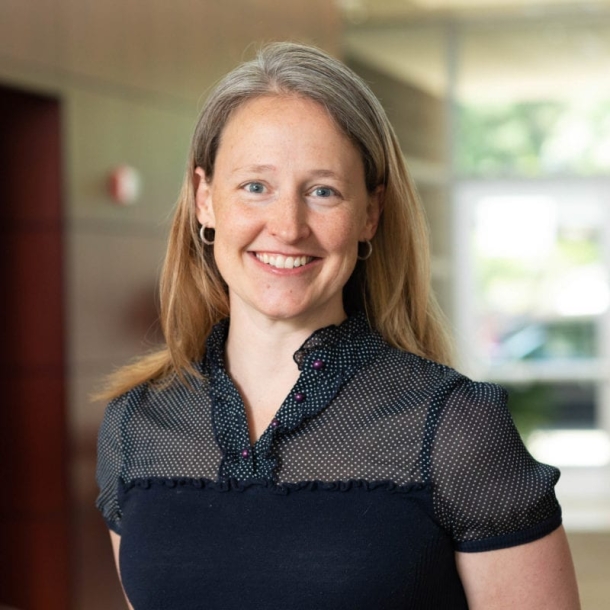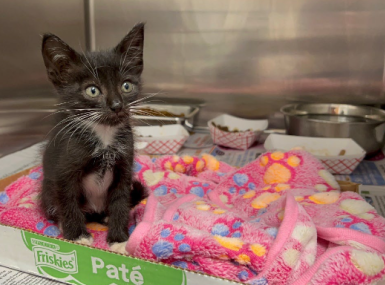Seeing the stars in the pandemic's darkness
Author

Erika Philpot

Rose Winkeler
Upcoming Events
Related News

Key Takeaways
Martin Luther King Jr. once said, “Only in the darkness can you see the stars.”
Over the last 19 months, we have been in a darkness different from others we have known, but there have been stars. There have been moments of success, collaboration and service and we would like to share with you 12 things we learned about public service and the proud employees who protect the vulnerable members of our communities with dedication and passion.
We hope you will take this moment to reflect on these lessons, pause and see if they ring true for you, or if you know others that don’t appear on our list. As we enter the season of thankfulness, let us be reminded of the silver linings we have found among extraordinary challenges.
1. We are capable of great things. While some may have thought government was synonymous with bureaucracy, we knew differently, and the pandemic allowed us to prove it. We pivoted quickly, taking our desktops, monitors and chairs home and redefined the workplace. We worked harder, found solutions we hadn’t had to look for before, grateful for the opportunity to continue to serve our community.
2. We can meet customers where they are. While the world changed, our customers’ needs changed too, and we found new ways to meet them where they were. Online portals, drop boxes, drive up windows, shopping mall locations, lobby appointments. We worked diligently to find ways to meet customers and keep each other safe.
3. We can learn technology quickly. We learned faster than ever before, virtual meetings, electronic files, portals, channels, one directional interviewing, webinars, virtual conferences, asynchronous learning, docking stations and cloud-based phones. Previously, we might have learned these new things over months, after pouring over an implementation schedule and in-person trainings with a manual. We might have even done it grudgingly. We won’t underestimate technology’s abilities again. We also honor Information Systems staff everywhere for rolling technology out quickly and supporting it tirelessly.
4. Everyone can contribute to sustainability. We went paperless, drove less, and found ourselves in fewer parking lots. We found ways to lessen the footprints of our buildings as we thought about what the workplace of the future may now be. Plans for building expansions were scrapped and parking was better than ever before.
5. Remote work is a tool in our toolbox. Instead of wondering how remote work would function or how we would supervise remote workers, everyone was instantly an expert. We didn’t over-think it, we just did it. We communicated effectively as we navigated the new space and adjusted as we went.
6. We honor the whole employee. Rather than only seeing employees in work mode, we took work to where employees are whole. We saw kids and dogs, cats and partners in virtual meetings and our sense of connection was deepened. We saw into the heart of people’s homes, their bookshelves and family pictures in the background. Employees were able to be more vulnerable in their communication in the comfort of their safe spaces. The virtual distance gave individuals courage to have crucial conversations, gave them the ability to momentarily stop sharing their video when emotions were overwhelming and allowed them to connect more deeply than ever before.
7. Structured flexibility is crucial. Communicating structure and expectations was critical as the word “normal” didn’t exist. Employees navigated between staggered schedules, flexible schedules and remote work. They participated on mini teams and knew who was working when to ensure operational effectiveness.
8. Periodic resetting of boundaries is important. The pandemic blurred the lines between work and home as work hours became too flexible, employees had to articulate their boundaries and make them explicit.
9. Remote work and mini teams compel us to rethink culture and belonging. How do we onboard new employees and communicate our mission, vision, values and purpose? What is our onboarding plan when a new employee doesn’t tour the office and meet everyone, when they can’t shadow someone for a few days?
10. Cliques have less influence when we remote work, stagger work and work in mini teams. This makes the larger group more effective and more cohesive. We needed to make time for “water cooler talk” and it involved larger groups.
11. Employees can stay home when sick, regardless of the illness, rather than sharing their cold. We are wary of our coughing and sneezing, not so confident that it’s “just allergies.” We can use our leave time, particularly sick time, to keep each other safe.
12. Creativity allows us to shine brightly. Our creative ideas combined with our willingness to try new things gave failure a new, less frightening definition as we refined and tried alternative ideas. While in unknown territory, all things are new and creative, many things need to be refined.
We also learned the value of epidemiologists and the strength of employees who had to work in-person every day of the pandemic. We found new depth of meaning to the words “communication” and “transparency.” We found passion and purpose in our service roles. We worked with authenticity and heart. We emphasized the importance as mental health as we could sense in ourselves and in others the strains that the pandemic was placing on all of us. We were the right people, in the right place at the right time to maintain the integrity of public service.
Twenty years from now, when someone asks what your pandemic experience was like, perhaps you will say it was a time of great teamwork, innovation and change. Or you will say it was one of the most rewarding times of your career, that a common experience brought us together in the darkness and we saw the stars.
Attachments
Related News

Pa. counties consider furloughs, loans as state budget lapse continues
For the third time since 2015, an unresolved state budget dispute that has dragged on for several months has left counties without the revenue that they depend on to provide critical services.

County library cooks up interest with chef series
Orange County, Calif.'s library system drew in new patrons by introducing its offerings through a cooking video series.

County repurposes airport’s lost and found items for animal shelter
Broward County, Fla. staff made use out of items left behind at the county airport.